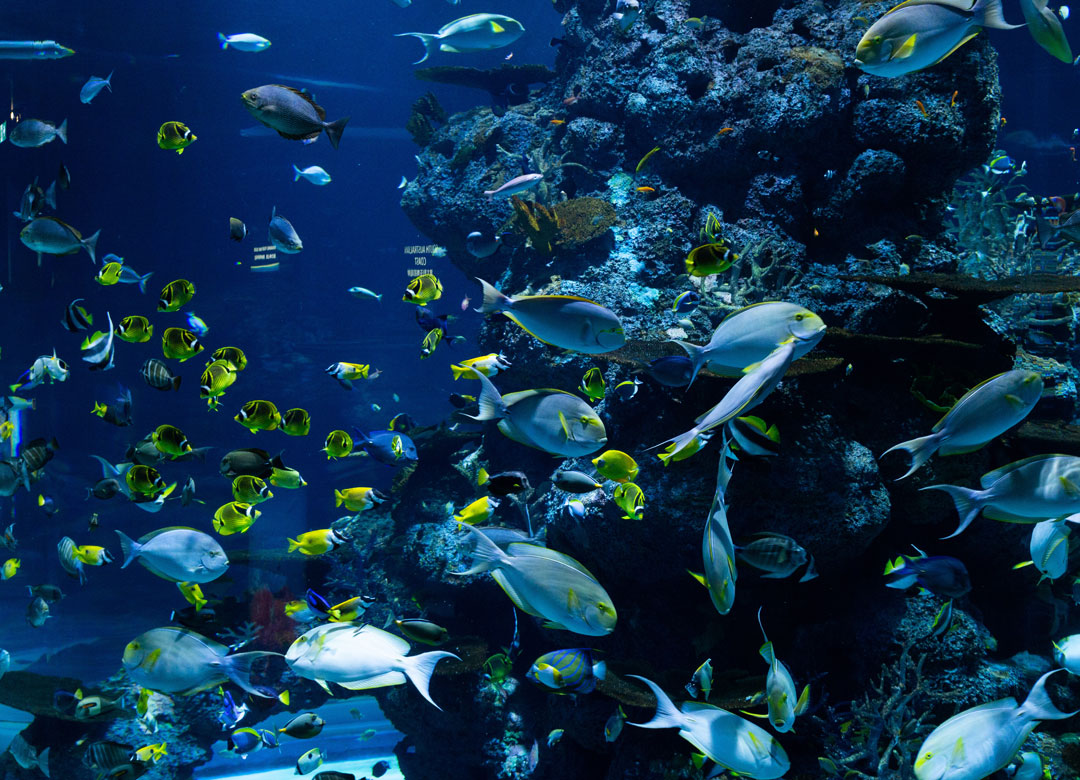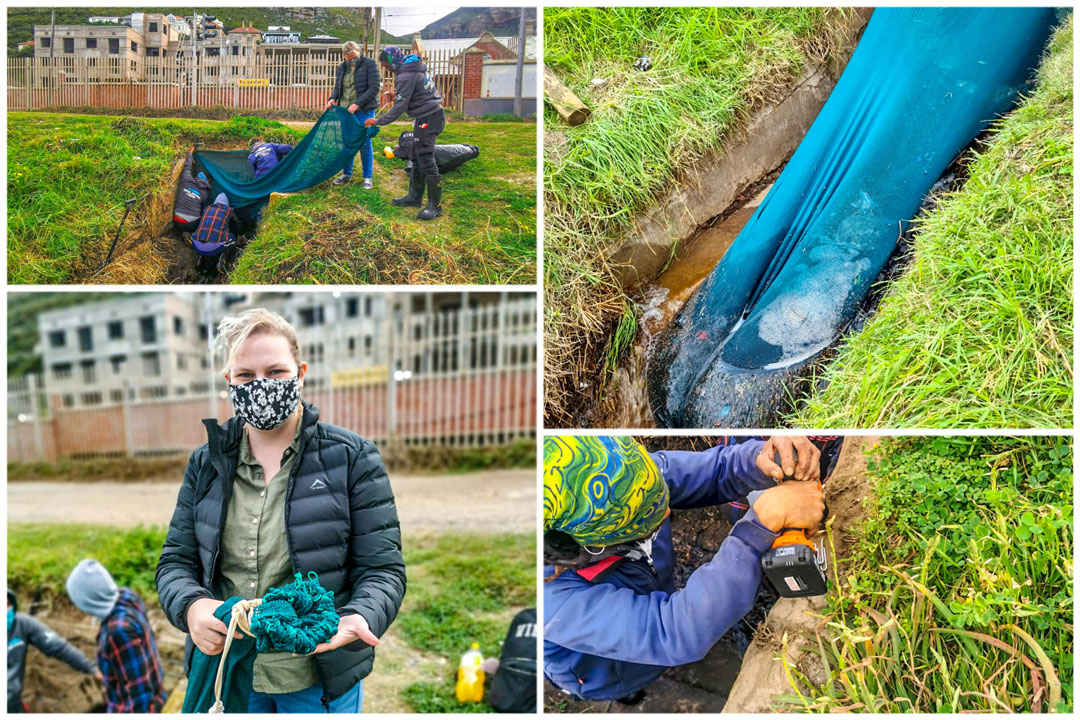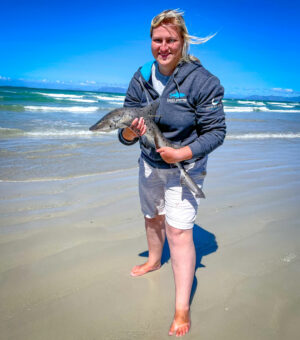My experience as a WIL Student at Shark Spotters
I have always had a passion for the ocean and marine animals since I was a child. I still remember the first time I went to the beach, and I instantly got blown away by its beauty. I decided from a young age that I wanted to become a marine scientist, study marine animals and help protect the environment. I learned how species are threatened by human activities every day, and I wanted to help protect them. I recently became a certified SCUBA diver, and for the first time, I saw the beauty of the ocean below the waves. I fell in love with the ocean all over again because I saw all the colourful and shy animals in person and not just on a television screen or in a book. My drive to protect marine animals became much stronger, so I now know that studying Marine Sciences at Cape Peninsula University of Technology (CPUT) was the best decision ever. One of the requirements of the diploma is being a work-integrated learner (WIL) in your third year of study. This is my experience as a WIL student at Shark Spotters.

Fishes swimming in a coral reef © Hung Tran | Pexels.com
In 2021, I joined the education department at Shark Spotters for my learnership. As part of my WIL commitments, I had to complete two projects, one was a research project, and the second was a workplace project.

(Left) Juanita preparing resources for an education program. (Right) Juanita during an education program with kids from Breadline Africa
While Shark Spotters conceptualized my research project, I was excited to take the lead on the project. The project was to investigate the type and quantity of litter that came out of a stormwater drain on Muizenberg Beach using a litter trap net. This type of project was never done before in the area, and I was tasked with designing the net. With the assistance of the Shark Spotters staff, we built the net and then installed it over the stormwater drain in Muizenberg. Every Monday, Wednesday, and Friday, I collected and weighed the litter. Some of the Shark Spotters team members helped me when the net was too full to collect on my own. The litter that was collected over six weeks amounted to over 4000 individual pieces of plastic and consisted of items like cigarette butts, chip packets, small sweets wrappers, and straws. The item of litter that was collected the most was cigarette butts, with one bag containing close to 900 butts.

Litter trap being installed at Muizenberg's stormwater drain.
For my workplace project, I wrote about environmental education and beach clean-up events. I had first-hand insight into all the work that goes into the environmental education programme. My training started with observing how a programme is developed, and then I progressed to planning and running my own programme. I also organized my own beach clean-up for International Coastal Cleanup (ICC) week in September 2021. ICC is important because it is an international effort to clean beaches worldwide every year. Multiple organisations come together around South Africa to clean all the beaches.

Juanita with her catch, a spotted gully shark, during a tag and release research trip.
I thoroughly enjoyed my WIL time at Shark Spotters because they were so welcoming and friendly toward me when I first arrived. I gained a lot of knowledge and experience from working with them. For example, I got opportunities to handle shark species as well as be a part of other research activities that were being conducted. They provided me with opportunities such as being able to go to the Shark and Ray Symposium, where I got to meet people in the field who have so much experience. I know that my future in the marine sciences field will be good because I have been supported and encouraged by Shark Spotters to advance my career. So many more opportunities are open to me than I would have expected. I will be forever grateful to the entire team at Shark Spotters, and I am excited to see what the next chapter in my career will be.
